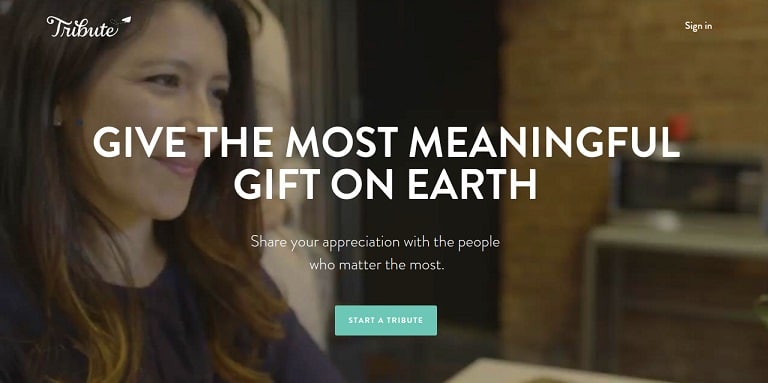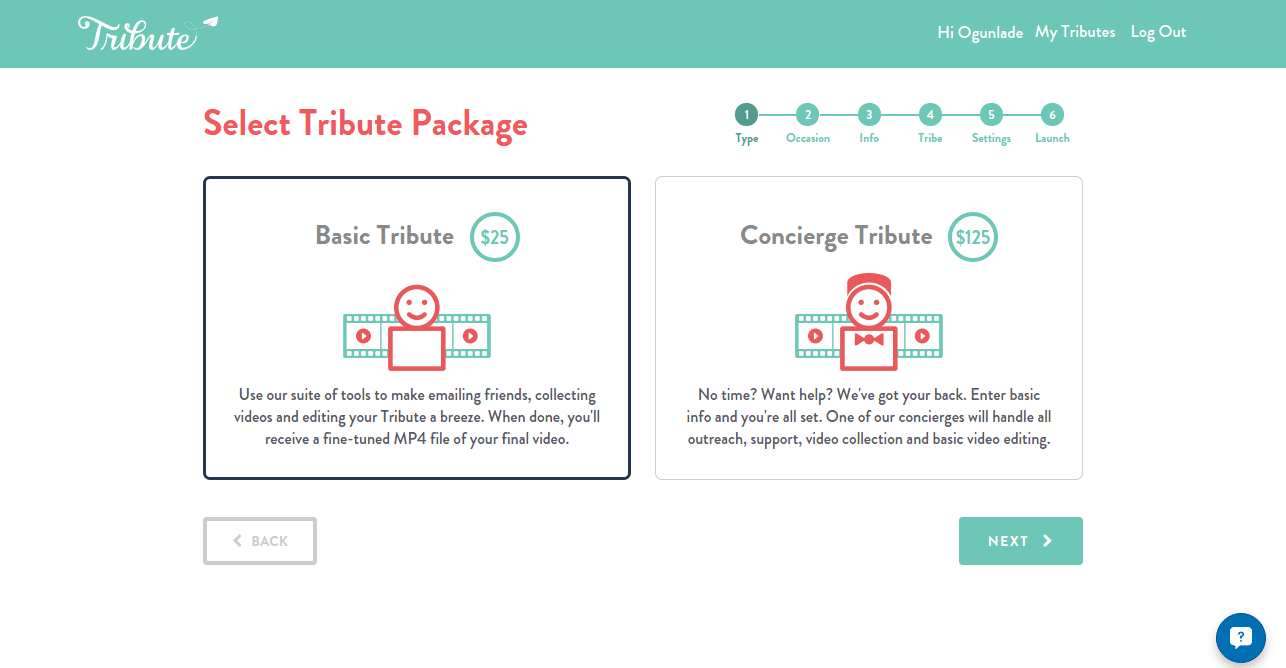Many people think that starting a startup is the perfect excuse to fire your boss and quickly make money. Unfortunately, it is not.
Some people have hurriedly left their jobs, following the bandwagon effect to become “the CEO of something”. This is responsible for most of the half-baked startups in Nigeria that are nothing but poor imitations of successful US startups.
Tayo Oviosu addressed this shallow mindset in a recent medium post. His challenge to wannable founders is to work their way through mentoring and relevant jobs to build the experience needed for startup entrepreneurship. I absolutely agree with him. The truth is that when you “become the entrepreneur”, (permit me to use the term: “startup readiness index”), the idea you need to succeed is the easiest part of the equation.
In fact, “Ideas are dime a dozen; it is execution that is the key”.
You will realise that in most cases, successful founders don’t even need to create an original idea. In Nigeria for example, there are successful startups that are not original ideas; they are imitations of already successful companies elsewhere.
Yet each of these local startups is successful in its own right because they are led by visionary leaders. They did more than create Western clones, they executed gallantly by customising their solution to fit local use cases.
Let me mention a few of them:
- Printivo is like Vistaprint
- Konga is like Amazon
- DealDey is like Groupon
- iROKOtv is like Netflix
- Jobberman is like Monster.com
- WakaNow is like TripAdvisor
- Paystack is like Stripe
- VoguePay is like PayPal
Imagine that a company like Rocket Internet is set up to create clones of successful western startups in Europe, Asia and African markets.
There is also a local startup studio with a similar vision: it is known as Sharphire Global. The studio’s current interests include jobs, FinTech and SaaS startups. Each of their “clone” startups that I know are improvised for local markets (see image below)
So, what is the secret of creating a successful clone of other startups?
The secret to creating a successful startup clone is not to be a poor imitation. It requires adding your own sweat equity, building a great team an understanding your local market
While attempting to create a successful clone, it is important to note that no matter your passion, some ideas are not worth cloning because they require a lot of network effect to scale. There could be massive technological requirements.
You also need to realise that some ideas lend themselves to only one winner in the market; take for example Facebook, YouTube, WhatsApp, AirBnB, Android and so on. Hence, any attempt to create local or regional versions of these products will not scale. Hence, it is better instead to focus on ideas that can be modified to serve a niche audience or demography (as you may know that there are several Ubers for x)
How not to be a poor imitation – 4 frameworks
For you to create a successful clone that is not a poor imitation, here is a framework that you can consider….
- Look for the right problem to solve. This is the starting point. Look for real problems by understanding your customer needs. Some of my past writings have covered how to get startup ideas, how to validate the ideas and the blueprint you can use to achieve product market fit and scaling.
Suggested Read: How to Validate if your Startup idea is a viable business
- Understand your revenue opportunities. Look out early for how the idea will make money. Validate your idea and ensure you understand how to acquire users and generate sustainable revenue
- Build the right staff and leadership team. Your team determines your growth potential. Working with mentors and advisors who are familiar with your technology or customer needs is also beneficial. Jason of iROKOtv is a “cat with nine lives” who exemplifies this lesson.
- Funding. While you can potentially bootstrap your way to growth, you should understand your needs for outside funding and investor relations. Today, there are several opportunities to get funded (via Demo Days, event pitches and networking) that you should take advantage of. In addition, by receiving formal funding, you are able to leverage the expertise and connections of your board members.
A case study: How I would clone a startup
There is a popular saying that “content is King”. As of today, video is the new content as there is a huge growth of video consumption (Facebook is so crazy about videos they even launched Facebook Live and Instagram stories). Add this to the huge amount of videos produced on sites like YouTube, Vine, Twitch, Snapchat etc). The common theme is that all these videos are generated by users (user generated content).
With this creation pattern, it is safe to assume that building a platform where users can generate and distribute their self-made, home-brewed videos will be a good product. So, I recently came across a platform where users can create video tributes for their loved ones which I think makes for a good case study.
Here we go!
TRIBUTE.CO

As the name implies, Tribute.co is a website dedicated to paying tribute to someone. According to their website, “Tribute makes it easy to create a collaborative video montage that you can give as a gift on any important occasion” Frankly, when you see their intro video, you will appreciate the impact it truly has both to the person making the tribute as well as the recipient. (Another eligible startup is MyleStoned)
Building an MVP for my clone startup
The key question is; “Will this product sell in my market (Nigeria)?” A better way to approach this is to use the 4-part framework and use the startup reverse engineering approach to identify which key problems exists in the local market.
As I am a non-technical co-founder, one of the skill-sets is the ability to think through an idea so an agency or developer can understand what the startup you want to build can do. Plus, I am a big believer in achieving product market fit on a budget (because Noah Kagan and all the wise sages say so 🙂
For example, here is what I did with this idea:
1. Design and technology
Launch the most minimal version of the idea, with a landing page and build out the first iteration using WordPress template or bootstrap theme to accomplish this (if you are a technical founder, don’t judge me :)).
For the technology, here are some ideas I will experiment with:
- Video Hosting: I can’t say much about how their video is hosted because I could not try it out (there is a $25 “gate fee”). In my case, I will ensure that the videos are uploaded to YouTube. I will do this by building a video upload function on YouTube API as this will save me a lot of money on infrastructure cost.
- Video recording: For the video recording, I will consider WebRTC for onscreen recording as an option (there are tons of resources on WebRTC here). I will also consider option for users to import videos from other sources. The capabilities to edit videos will be available like Snaptchat stories, Vine or twitch will be integrated (probably in future versions after product/market fit)
- Video Sharing: This is one of the biggest wins for a product that helps people to share emotional stuff like this. Social and mobile sharing will be deeply baked into the product.
2. Revenue approach and market launch
I may not be able to charge as much as Tribute.co. They currently have $25 and $125 plans.
As you might have known too, the monetization model in “The West” rarely works here in some cases. Instead, I would experiment with other monetization strategies (freemium, adverts, sponsorship etc) to know what the market will respond to.
Building a platform like this is usually a “chicken and egg scenario” which you can solve in a couple of ways including running contests.
NOTE: This is a case study, hence I am not pursuing the project 🙂 However, I am confident that it will make for a good product for someone and give others a better way to think through their startup hustle.
From first hand experience as well as discussions with successful founders, I know that launching a startup takes a lot of perseverance and leadership; but when you are ready for it, you will realise that building your next successful startup is easy.
Do you think you are ready to launch a startup or still need to keep your job while improving your startup-readiness index?
Photo Credit: nachofabiani via Compfight cc







